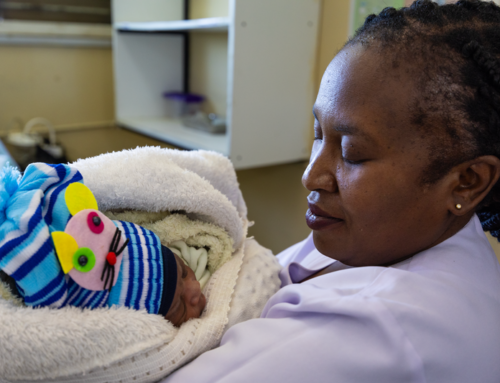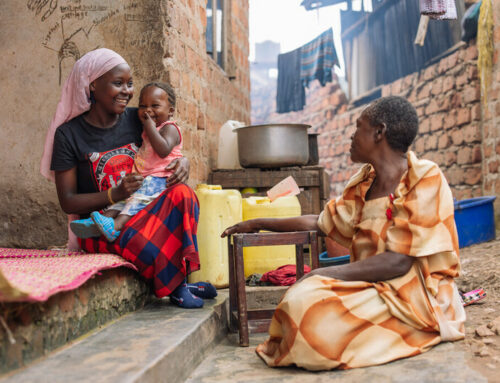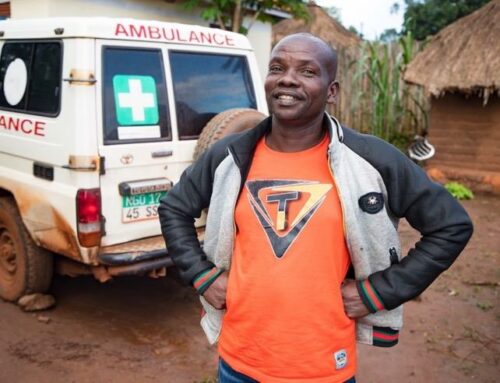Providing nurses in Kenya with advanced training in maternal care
Every day, 830 women die from pregnancy and childbirth-related causes. Two-thirds of these deaths occur in sub-Saharan Africa. All of them are preventable.
When a woman has access to quality care while pregnant and delivers her baby under the care of a trained health worker, she drastically reduces her risk to the complications that cause maternal death such as severe bleeding, infections, and high blood pressure during pregnancy.
In Kenya, we are training more health workers to perform more advanced tasks – such as blood transfusions, C-sections or other types of assisted deliveries. With more advanced training, nurses and midwives can save even more lives.
Meet Lucy, a nurse we trained in Samburu County, Kenya. “Ever since I was little, I wanted to be a nurse. As I grew up, I realized that being a nurse in Samburu County was more challenging due to the cultural constraints of the people,” Lucy says.
Samburu County is home to the nomadic Samburu tribe that travels with their livestock throughout the year. The Samburu traditionally give birth at their homes – which puts women and their infants at an increased risk to complications and even death.
Lucy continues, “But still, I wanted to be a nurse, so I made sure I had the right grades to go to nursing school. Looking back, one of my scariest thoughts while in nursing school was maternal death. I could not imagine a mother losing her life, or a baby dying during birth.” Eventually Lucy became Head Nurse at a health facility in her community.
Only a handful of women came to her health facility because of the traditional belief in giving birth at home. When they did come to the health facility, it was usually an emergency and Lucy was not skilled enough to handle these cases safely.
This changed when we trained Lucy on Basic Emergency Obstetric and Newborn Care. Lucy says, “The training was very intense, but I enjoyed every bit of it. Our teachers were knowledgeable and understood the challenges we face in our facilities. They made us less afraid of emergencies.”
Lucy continues, “One week after my training, I received a mother ready to give birth. The birth was normal, but afterwards, the mother was still bleeding. I was nervous at first as I had never handled post-partum hemorrhage (PPH) before. Before my training I always referred these cases to the hospital. I remember thinking that the blood was too much and that she would not survive.”
Lucy knew she had to act fast and calmly remembered the training she received from Amref Health Africa: “I started the mother on both normal saline and oxytocin. The sheets kept getting soaked in blood and I had to change them all the time. It was almost 3am, and I was exhausted and worried that the bleeding had not stopped.”
After a stressful night where she almost lost hope, the patient woke up at the break of dawn. Two days later, the patient went home with a happy and healthy baby girl. Lucy says, “I will never forget that woman, or that day. That experience made me more confident in my abilities. I have handled many other PPH cases since, and I have never recorded any maternal deaths. The training I received really helped me give better services to my community.”
Lucy continues, “The mother asked me to name her daughter because I had saved her. I called her Naibali. After that experience, more mothers started coming to the facility. With the help of Community Health Workers, we have encouraged more women to deliver here.”
“For me, mothers in my community know that when they come to the facility, I will be right there with them and for them.”




